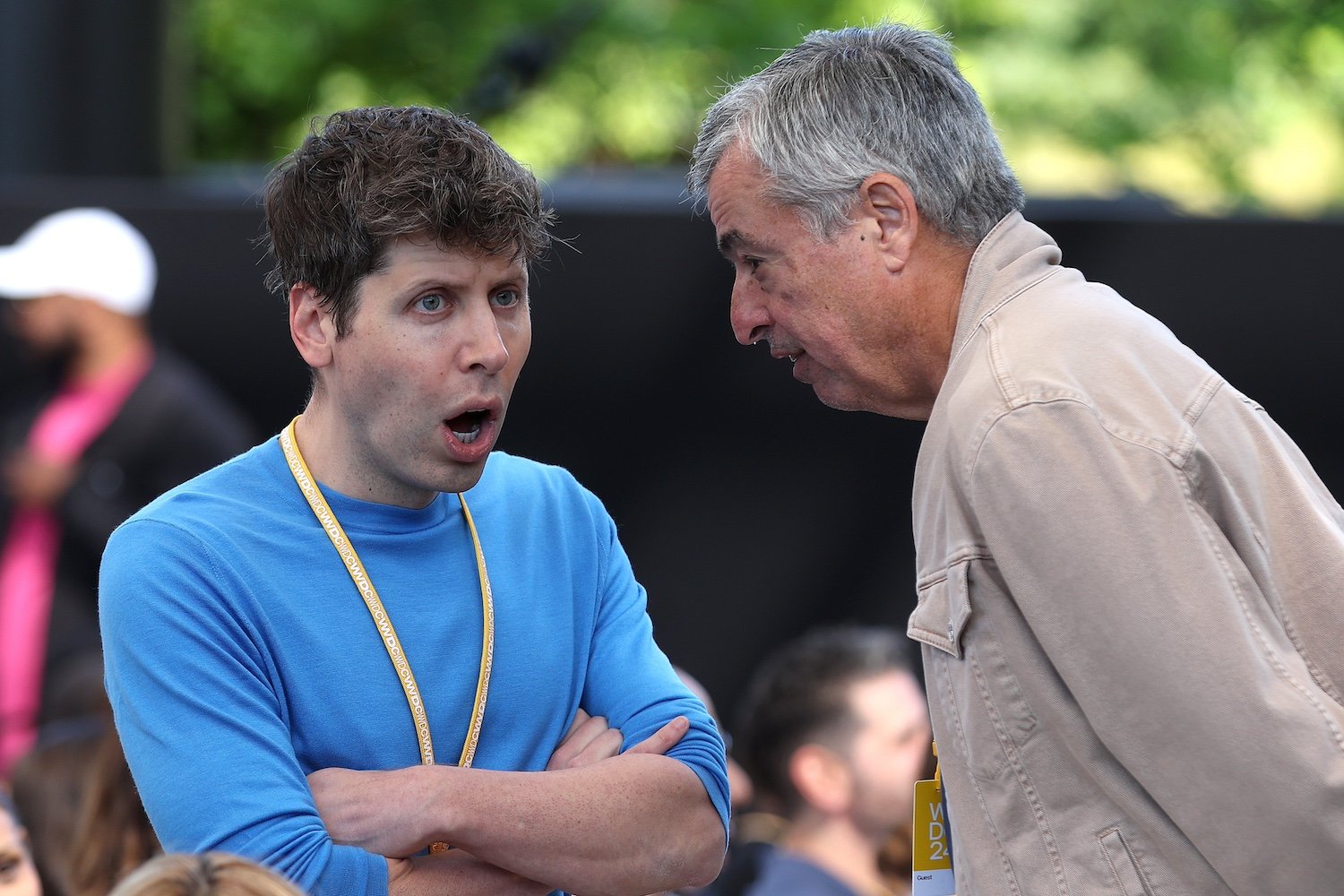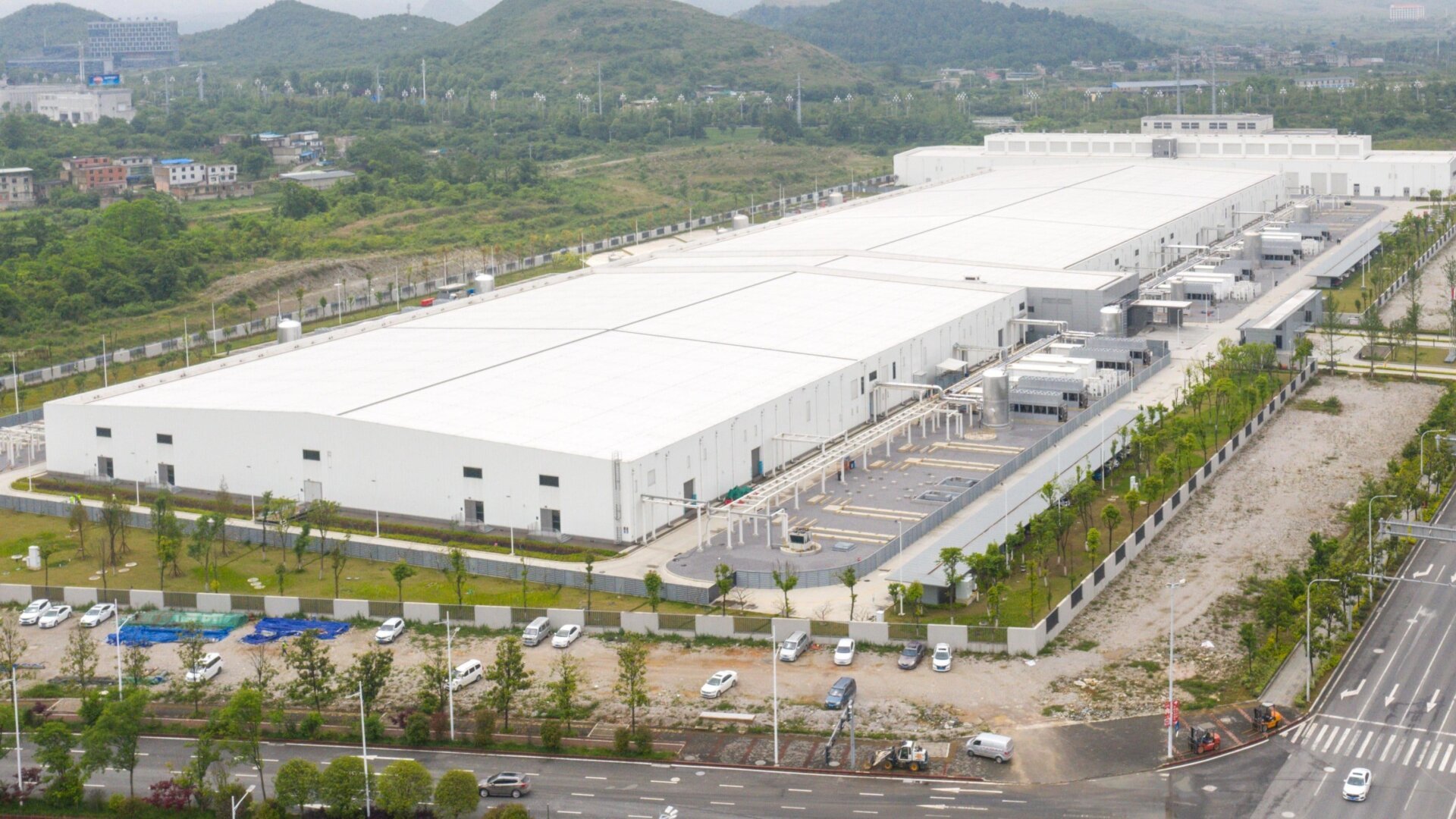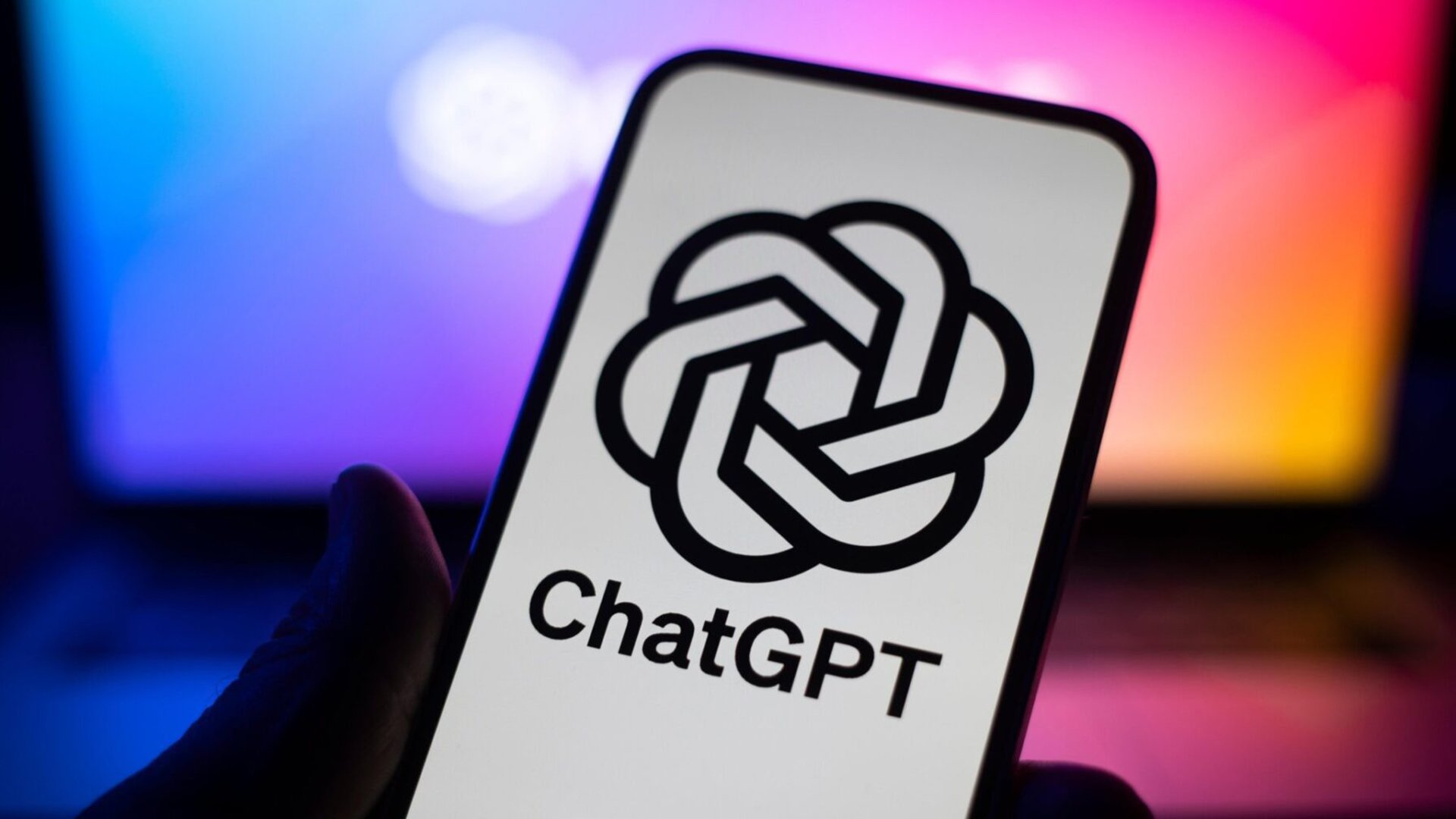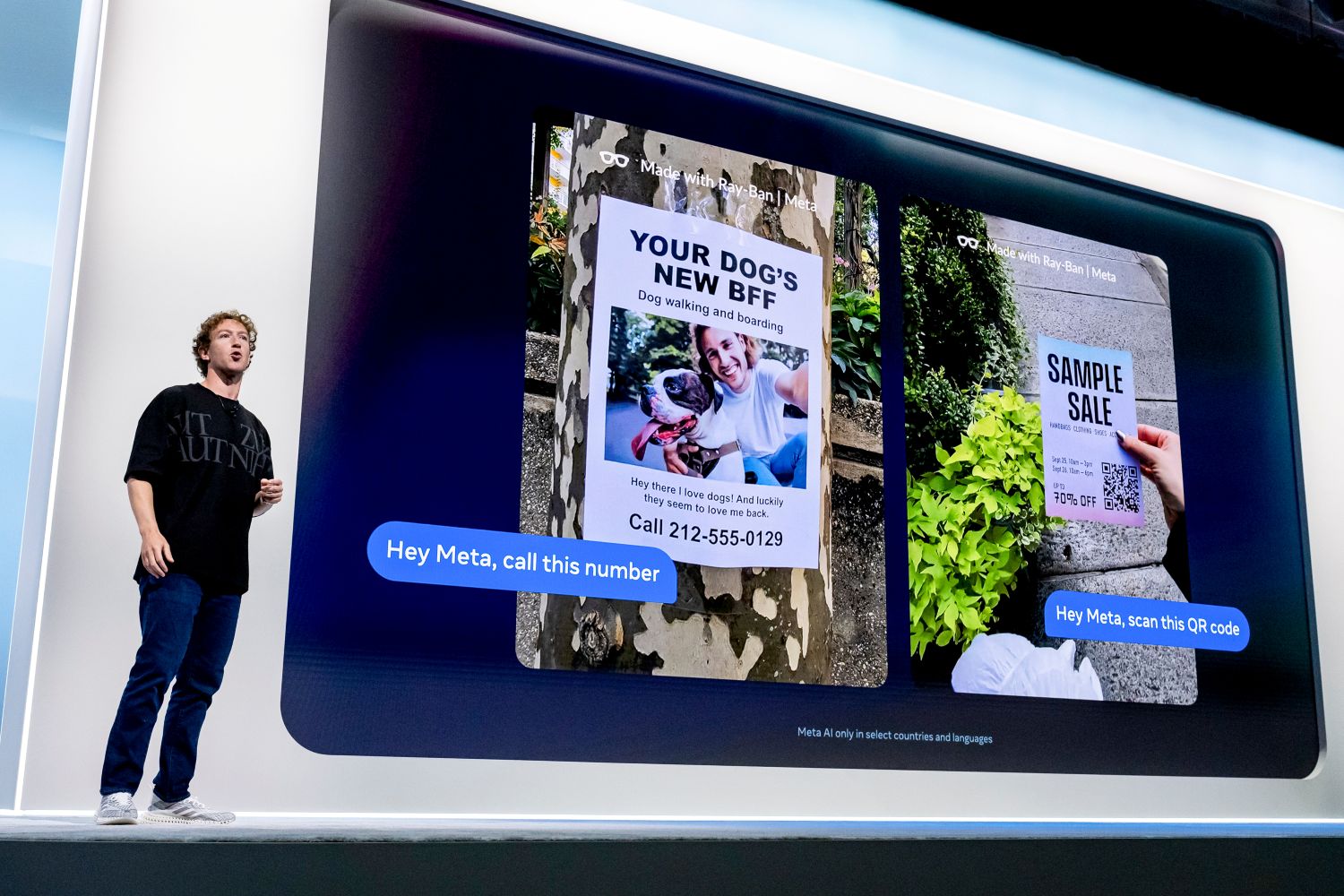Recent reports suggest a potential shift in the relationship between Microsoft and OpenAI. Microsoft is reportedly developing its own in-house reasoning models, signaling a move towards greater independence from OpenAI’s technology. This development comes as a surprise, given Microsoft’s substantial investment in OpenAI and their seemingly intertwined future. The tech giant is also reportedly testing AI models from other companies, including Elon Musk’s xAI, Meta, and DeepSeek, as potential replacements for ChatGPT within its workplace AI bot, Copilot.
Microsoft’s pursuit of alternative AI models stems from concerns regarding ChatGPT’s cost-effectiveness and performance within Copilot. Enterprise adoption of Copilot has been lukewarm due to its high price tag and limited functionality. While helpful for simple tasks, like integrating text into presentations, Copilot faces challenges with complex queries, often requiring extensive manual review and correction. Restricting a chatbot to a specific dataset can improve accuracy, but language models still produce errors that necessitate human intervention.
In January, Microsoft released OpenAI from a contractual obligation to exclusively utilize Azure for its hosting needs. This move foreshadowed OpenAI’s subsequent announcement of a significant infrastructure partnership with Oracle and SoftBank, suggesting Microsoft’s reluctance to further expand its resource commitment.
Adding complexity to the situation, Microsoft’s investment in OpenAI grants it rights to the startup’s intellectual property. However, OpenAI has reportedly been hesitant to share detailed documentation on the development of its o1 reasoning model. Internal discussions between Microsoft and OpenAI leadership reveal tensions over transparency and information sharing. Microsoft expressed frustration over OpenAI’s reluctance to provide insights into the inner workings of its AI models.
This dynamic highlights the evolving competitive landscape between the two companies. While Microsoft CEO Satya Nadella previously championed the partnership, emphasizing the advantages of leveraging OpenAI’s models, the company’s recent actions indicate a strategic shift. OpenAI’s infrastructure deal with Oracle may have prompted Microsoft to reassess its reliance on the startup and prioritize developing its own AI capabilities.
Microsoft reportedly plans to offer access to its in-house reasoning model, known as MAI, to external developers, directly competing with OpenAI’s offerings. This strategic move aligns with Microsoft’s broader ambition to control key technologies in the rapidly evolving AI landscape. As artificial intelligence becomes increasingly central to technological advancements, Microsoft aims to shape its own trajectory rather than solely depending on external partnerships.
Microsoft’s pursuit of independence from OpenAI reflects a pragmatic approach to navigating the AI boom. By diversifying its AI investments and developing in-house expertise, Microsoft positions itself to capitalize on emerging opportunities regardless of which models ultimately prevail. Whether it’s Microsoft’s MAI, OpenAI’s advancements, or even open-source models like DeepSeek, Microsoft’s strategic focus on the application layer, particularly within the enterprise sector, ensures its continued relevance in the evolving AI ecosystem. This multifaceted strategy allows Microsoft to maintain flexibility and adapt to the rapidly changing landscape of artificial intelligence.
This strategic diversification reflects a calculated approach to capturing value in the burgeoning AI market. By investing in multiple avenues, Microsoft safeguards its position and maximizes its potential for success in the transformative era of artificial intelligence.










